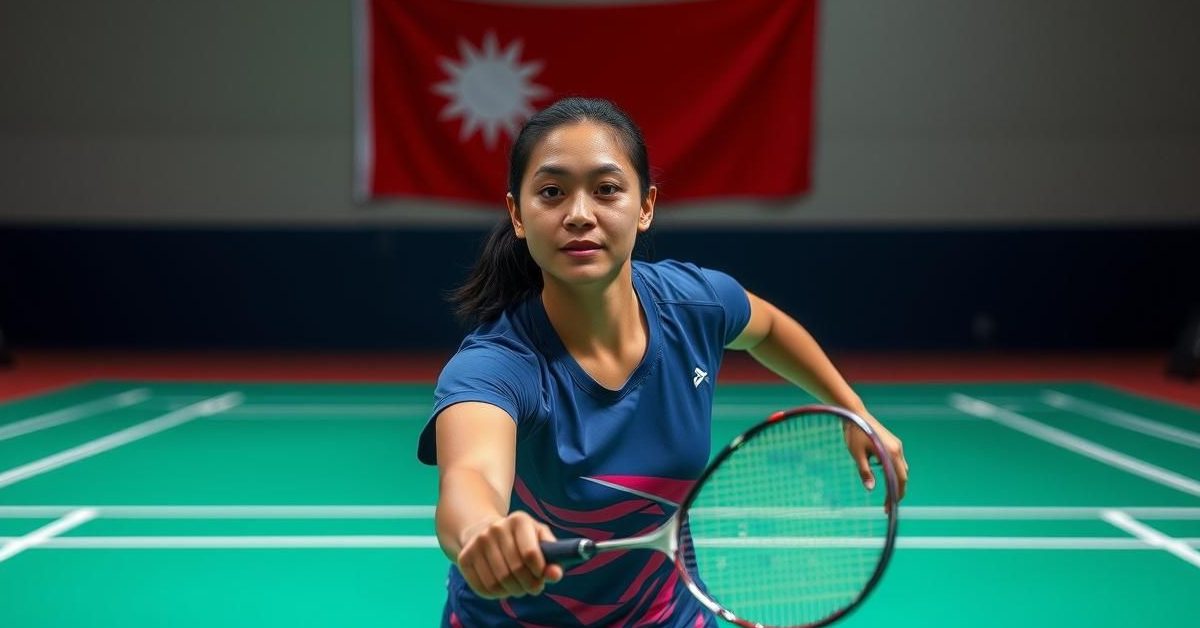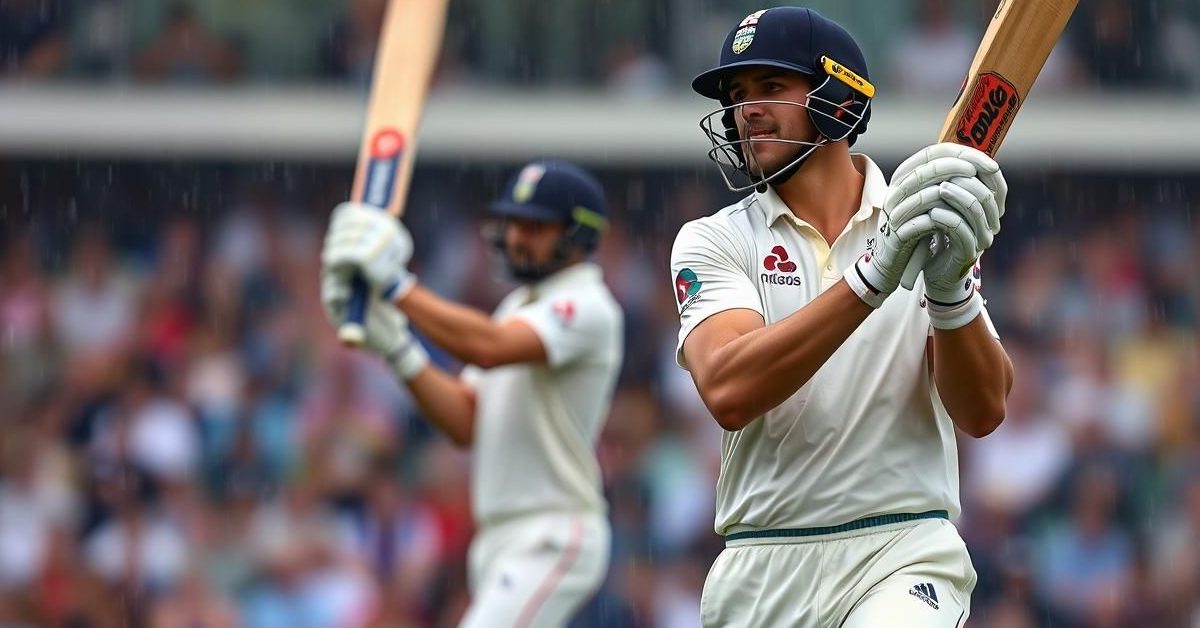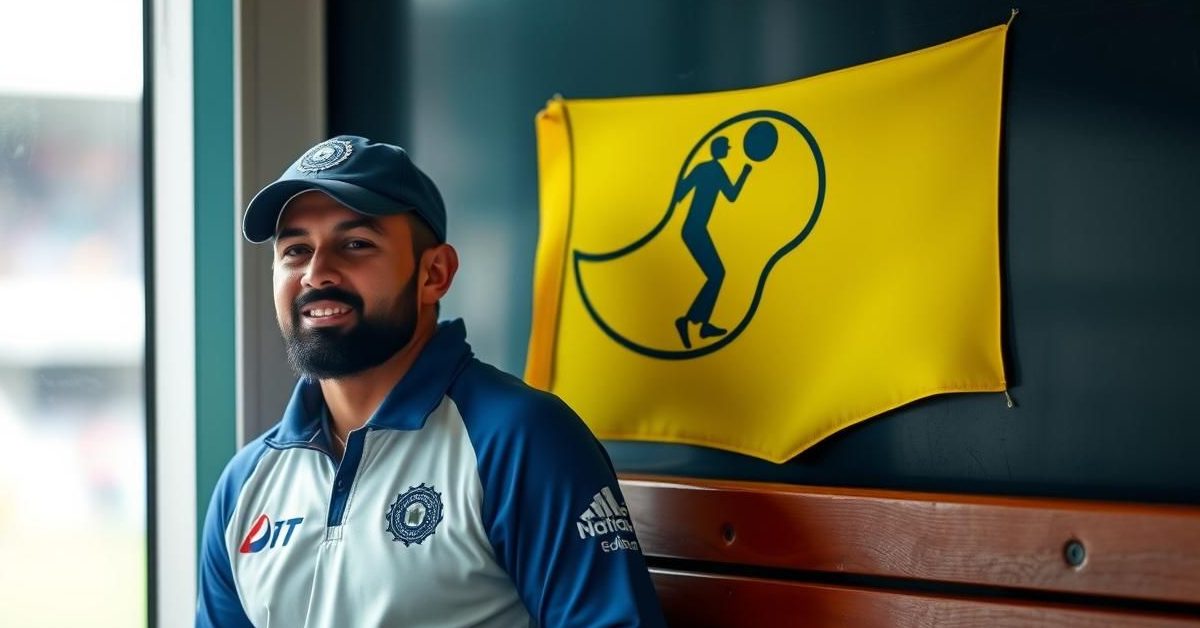India’s badminton aspirations can glean valuable lessons from Taiwan, particularly in player support, unwavering work ethic, and the impressive hustle of its emerging talents.
Taiwan’s Growing Badminton Prowess
Taiwan, officially known as Chinese Taipei, has quietly established itself as a formidable force in global badminton. The nation boasts an impressive 12 women’s singles shuttlers within the world’s Top 100, illustrating a profound depth of talent.
While iconic figures like Tai Tzu-ying (now ranked 100 after retirement) have left an indelible mark, a new wave of players is actively rising. This includes Sung Shuo Yun, their highest-ranked player, who has competed in more tournaments than almost any other shuttler in the past year, showcasing remarkable consistency.
Their success extends beyond singles. Taiwan notably clinched a gold medal in men’s doubles at both the Tokyo 2021 and Paris Olympics, demonstrating their strength across various categories. They also feature 13 men’s doubles pairs, 14 women’s doubles pairs, and 8 mixed doubles pairs within the Top 100 rankings.
India’s Potential vs. Current Support
India also presents a substantial presence, with 15 women’s singles shuttlers in the Top 100, including the seasoned PV Sindhu. While numerically comparable in some categories, such as men’s singles (matching Taiwan’s 13 players in the Top 100), there’s a distinct difference in the “urgency” and structured support for emerging talent.
National coach Pullela Gopichand has frequently pointed out Taiwan’s proactive strategy. Despite India’s abundant ambition, the comprehensive support system for its vast pool of aspiring players often falls short of what’s truly needed to nurture them effectively.
Addressing the Support Gap
Many young Indian shuttlers, especially those in the crucial 30-70 ranking bracket, often rely on self-funding or operate within strict budgets. They travel to minor tournaments with the hope of advancing their ranks but frequently lack essential support staff.
For example, a dedicated coach for singles players on tour is often missing, as are sufficient physios. Players are left to manage numerous aspects themselves, from pre-match warm-ups to post-match recovery. This lack of support can significantly impede their performance and long-term development. Providing basic assistance at Super 300s and 500s could dramatically help them convert qualifying rounds into main draw appearances and deeper runs.
The Taiwanese Approach: Work Ethic and Hustle
Coach Sagar Chopda, who observed Taiwanese players firsthand at the 2021 Polish Open, commends their quiet dedication. He highlighted their intense, self-directed practice sessions and exceptional discipline, even when no coach was present on court.
A crucial lesson is their emphasis on building robust fitness, enabling them to compete in numerous tournaments consecutively. Chou Tien Chen, for instance, played 23 events last year, and Lee Chia-Hao competed in 20. This willingness to maintain a consistent, heavy competition schedule helps them rapidly climb the rankings and build endurance, a strategy India could adopt by prioritizing fitness that supports a more demanding tournament calendar.
- Taiwanese players exhibit a strong, self-driven work ethic in both training and competition.
- They build high levels of fitness to participate in more tournaments, accelerating their ranking ascent.
- Taiwan provides comprehensive support staff for its developing players during critical stages of their careers.
- India needs to enhance fundamental support for its extensive talent pool, particularly at lower-tier events.
Both nations share a fierce competitive spirit and a wealth of talented players. However, India’s future in badminton will largely depend on embracing Taiwan’s strategic approach to player development, focusing on dedicated support and cultivating a relentless, self-motivated work ethic.













